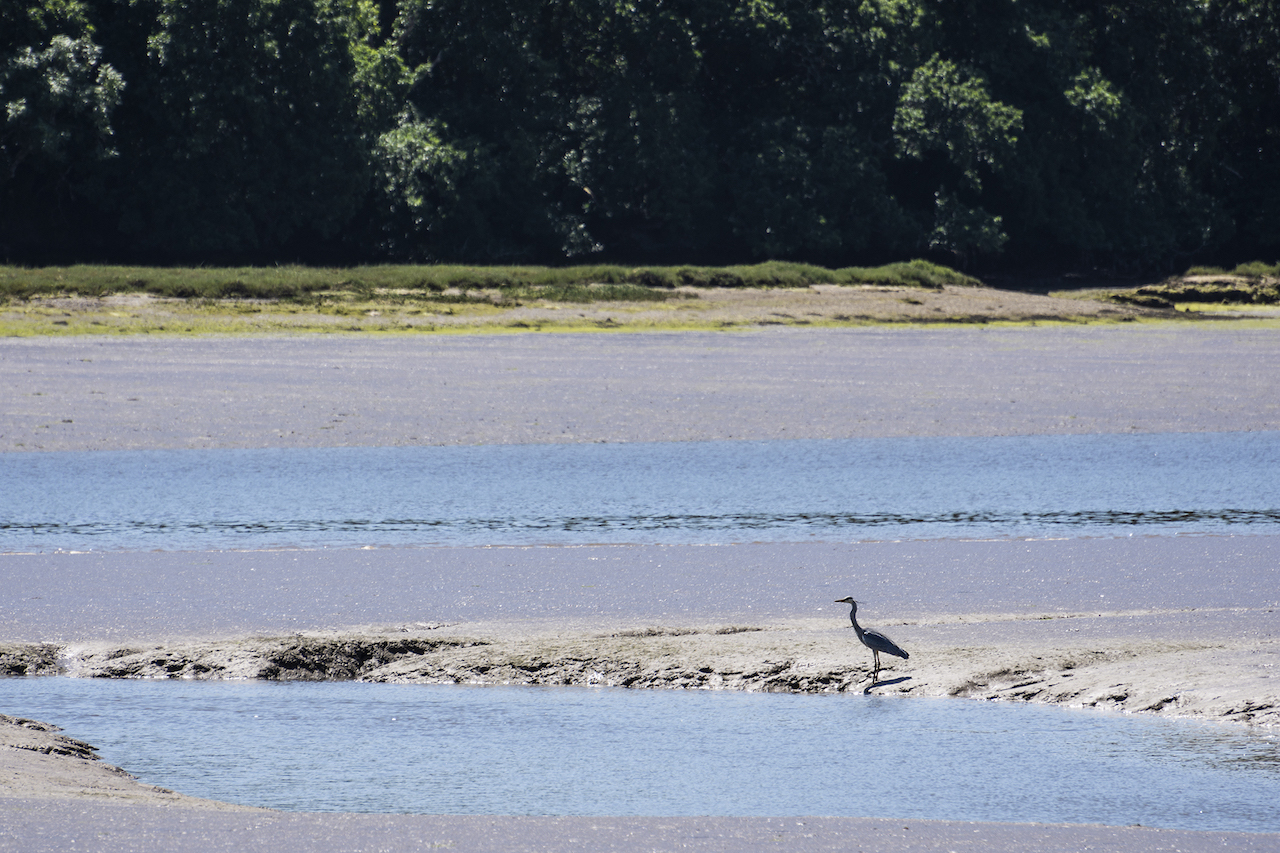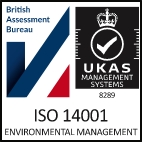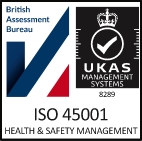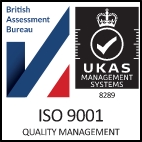Any project that lies within the River Camel catchment area, which is a Special Area of Conservation (SAC), requires the potential impact from phosphate loading to be assessed before planning permission can be granted.
As a result, many scales of development require a Phosphate Impact Assessment report to accompany their planning application in Cornwall, even for a single new dwelling.








